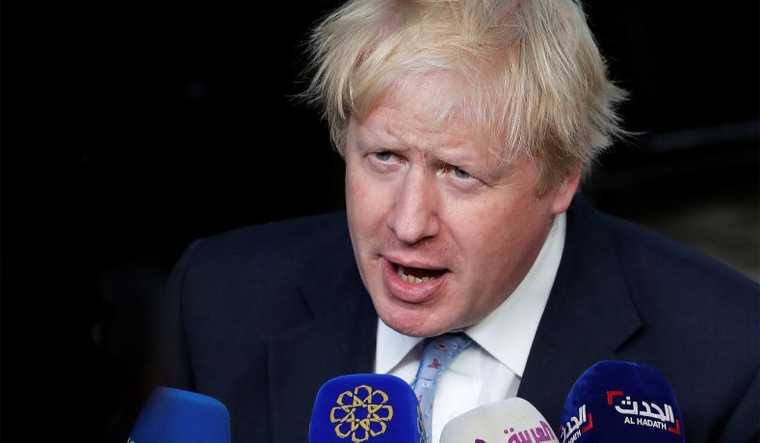On Tuesday, the Supreme Court of the United Kingdom ruled that the prorogation of the British parliament was unlawful and that the decision to suspend it was was null and of no effect. “This is the worst outcome for the Prime Minister,” BBC’s home affairs correspondent Dominic Casciani says, the V4 news agency reports. The move further complicates attempts by Prime Minister Boris Johnson to guide the country out of the European Union, with no deal if necessary.
Supreme Court president Lady Hale delivering the ruling said that the “the effect [of the suspension] on the fundamentals of democracy was extreme”. Prime Minister Johnson’s decision to suspend parliament was unlawful, the Supreme Court has ruled. With the Queen’s assent, Johnson suspended parliament for five weeks so that he could outline his government’s new policies, including Brexit, without having the majority in Parliament, which opposes a no-deal Brexit, blocking it.
The court said it was wrong to stop MPs carrying out duties in the run-up to Brexit on 31 October. Supreme Court president Lady Hale said that the decision of the 11 justices was unanimous. It was for the Speakers of the Commons and Lords to decide what to do next, BBC reports.
Concerning Tuesday’s decision, V4NA’s analysis of the situation says that parliament is considered the main legislative body on the basis of a fundamental piece of legislation of the British constitutional monarchy (Bill of Rights). This means the courts cannot interfere with parliament’s order of business, while proroguing and reconvening parliament would be exactly that. The court, therefore, may order parliament to reconvene, but it has no jurisdiction to see it through. The situation is further complicated by the fact that if the SC cannot initiate to reconvene parliament, then nobody knows who can. It could be the prime minister, or the Queen and her advisory body (the Privy Council), but some argue that it can also be done by House Speaker John Bercow.





Comments are closed for this post.